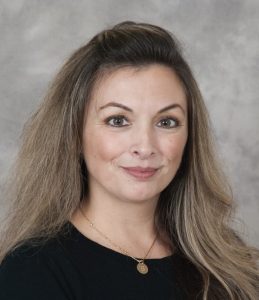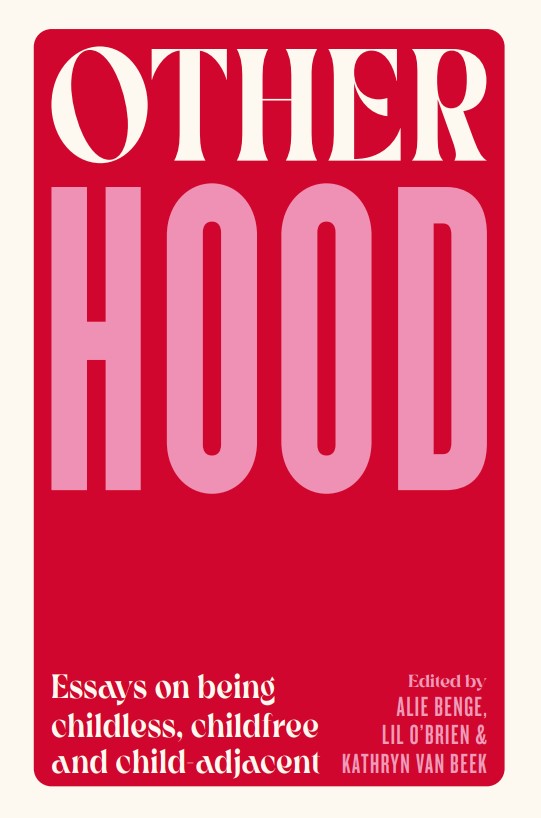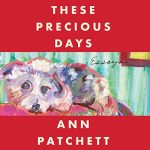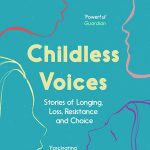Review by Brandye Nobiling
From the first essay entitled “Famous Last Words” to the last entitled “DINKS on a Plane,” Otherhood: Essays on being childless, childfree and child-adjacent, edited by New Zealanders Alie Benge, Lil O’Brien, and Kathryn Van Beek, gives readers a collection of essays from diverse perspectives of people who are parents, who want to be parents, who are childfree, and everything in between.
Otherhood explores the spectrum of individuals’ relationships with the idea of having, living with, not living with, wanting and not wanting children. In her essay “More Schlongs More Cats,” fantasy author Steff Green provides an interesting perspective on why marriage and babies are often desired in fantasy writing as the end-all-be-all. This was a timely read for me as it parallels my current cringe binge watching Virgin River on Netflix. Not much of a spoiler alert because as early as Season One it’s evident that most of the female characters show desire to be mothers or already are mothers. I appreciate Green‘s perspective that marriage and/or babies do not need to be the “happy ending” for stories to be positively received by the audience. As a childfree woman in her mid-40s, the babies as the “happy ending” of a story does not resonate with me.
The essays in Otherhood span race, ethnicity, sexual orientation, gender identity, and culture. A truncal-hood comic in one of the book’s essays also adds a very important and educational perspective on pondering the desire to have children has a queer, trans person. Childfree readers like my husband and I will enjoy the cis-men’s voices, which also give valuable perspective related to the responsibility of reproduction and parenthood, and navigating this with a partner who may or may not want to have children. I wished for more cis-male voices, including discussions of things like regular microaggressions about not having children and pressures to carry the family name.
The title of this book is not a misnomer; Otherhood will resonate with any reader interested in this topic. It explores a range of views about what it’s like being childless, childfree, and child- adjacent. While the term “child-adjacent” is not blatantly defined in the book, it’s often used as an umbrella term for “otherhood,” and the essays in the book help define and explain. As a professor of human sexuality education, I discuss these terms and the meaning of “family” with my students. It’s important for people to understand the idea of the “nuclear family” – consisting of a heterosexual couple with 2.5 kids – is not the norm. Most of my students do not live in a nuclear family and appreciate being represented in all forms of media – TV, movies, and books like Otherhood. The more we can represent authenticity instead of hiding behind fictional façades of decades ago, the more we will all feel included.
***************
Thank you, Brandye!

Brandye D. Nobiling, PhD, CHES, CSE is Professor and Director of Public Health at Salisbury University in Salisbury, Maryland. Dr. Nobiling has nearly 20 years teaching at the post-secondary level, and currently teaches courses such as Chronic and Communicable Disease and Human Sexuality Education. She has presented and published nationally and internationally on reproductive health and historical foundations of health education, and is a Certified Sexuality Educator (CSE) through the American Association of Sexuality Educators, Counselors, and Therapists (AASECT). In her free time, she enjoys spending time with her husband and two pugs, Sunny and Honey.



